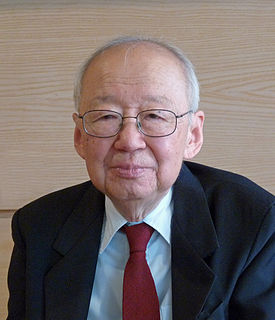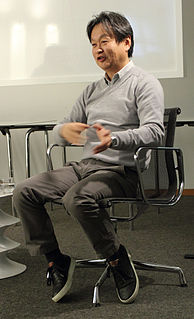A Quote by Suzanne Vega
Writing in other voices is almost Japanese in the sense that theres a certain formality there which allows me to sidestep the embarrassment of directly expressing to complete strangers the most intimate details of my life.
Related Quotes
I am as fond of colorful language as anyone, but I try not to inflict it upon strangers. I suspect many people sense they should have better manners, and need only a nudge. In high school, I was addressed for the first time in my life as "Mister Ebert" by Stanley Hynes, an English teacher, and his formality transformed his classroom into a place where a certain courtliness prevailed.
The further limits of our being plunge, it seems to me, into an altogether other dimension of existence from the sensible and merely understandable world. Name it the mystical region, or the supernatural region, whichever you choose. So far as our ideal impulses originate in this region (and most of them do originate in it, for we find them possessing us in a way for which we cannot articulately account), we belong to it in a more intimate sense than that in which we belong to the visible world, for we belong in the most intimate sense wherever our ideals belong.
After a time I found that I could almost listen to the silence, which had a dimension all of its own. I started to attend to its strange and beautiful texture, which of course, it was impossible to express in words. I discovered that I felt at home and alive in the silence, which compelled me to enter my interior world and around there. Without the distraction of constant conversation, the words on the page began to speak directly to my inner self. They were no long expressing ideas that were simply interesting intellectually, but were talking directly to my own yearning and perplexity.
I feel a reassuring oneness with other people when I find that even my most intimate, anguished, socially inadmissible emotions and desires are known to others.... Kindred souls—indeed, my selves otherwise costumed—turn up in books in the most unexpected places. Discovering them is one of the great rewards of a liberal education. If I quote liberally, it is not to show off book learning, which at my stage of life can only invite ridicule, but rather to bathe in this kinship of strangers.
When the poet's sentiments are overly visible, the audience may become uncomfortable. Japanese ritual is the opposite. By writing simply and only about what is there, the audience is drawn into the poet's world. Their imagination is stimulated, and a silent connection is established. I believe this is where the most important aspect of the Japanese sense of beauty lies.


































